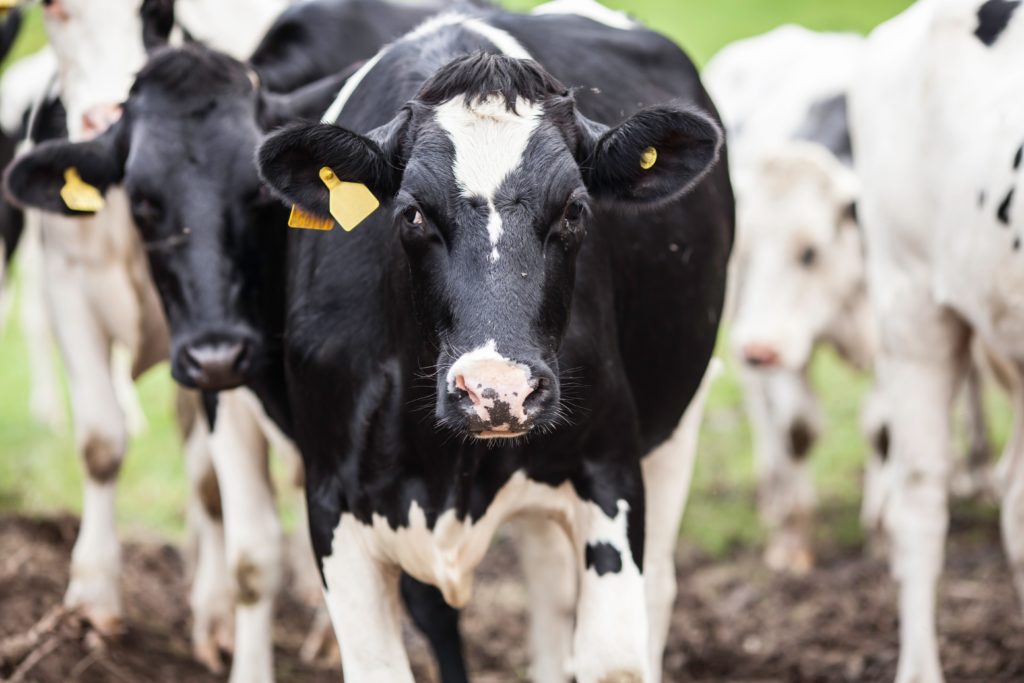President Trump and his Administration have based their public spat—and that is putting the term mildly—with Canada on that country’s “270 percent” tariffs on U.S. dairy imports. Some facts would help to put this claim in perspective.
First, Canada’s props up its dairy industry by using both import quotas and domestic production quotas. As part of this system, Canada has negotiated import quotas with each of its major trading partners. The U.S. has obtained a favorable quota and, as a result, exports more dairy products to Canada than it imports from Canada. In 2017, Americans sold $792 million in dairy products to Canada, while Canadians sold $149 million in dairy products to the U.S., creating a tidy trade surplus for the U.S. of nearly $650 million.
Second, Canada only imposes high tariffs on imports above the quota, not on all the dairy products U.S. producers sell to them. For example, Canadian tariffs on dairy products within the quota are often zero and never more than a few percent. Above the quota, tariffs on dairy products range from 200 percent to over 300 percent. As a practical matter, no dairy products are sold to Canada outside the quota, so no U.S. exports really pay a high tariff.
Third, in addition to subsidizing domestic dairy production, the U.S. also uses a quota system to elevate prices for many farm products, including dairy. U.S. import quotas for dairy products are so low, and tariffs for imports above quota are so high, that, except for cheese, imports of dairy products account for less than one percent of domestic U.S. sales. Canada’s tariffs on U.S. dairy products are based in part on the value of U.S. quotas and tariffs. This practice is the kind of reciprocity that the President claims he wants in all U.S. trade deals—but on dairy trade between the U.S. and Canada, it’s already happening.
Fourth, Canada’s purchases of U.S. dairy products are a tiny fraction of the nearly $300 billion in goods Canada buys from the U.S. Until Canada announced its retaliatory tariffs against the U.S. after the Administration imposed tariffs on their aluminum and steel exports to us, Canada’s average trade-weighted tariffs were 0.8 percent, half the 1.6 percent trade weighted average for the U.S.
Fifth, the U.S. would have undoubtedly sold substantially more dairy products to Canada had the Canadian quota system not been in place, so getting rid of import restrictions against U.S. dairy products is an excellent idea. But Canada had already agreed to give up both dairy import quotas and almost all dairy tariffs as part of its commitments under the Trans-Pacific Partnership. Thus, the only reason import restrictions on dairy products are even an issue is because the U.S. withdrew from the TPP.
In the end, either the President isn’t aware of all the facts about Canadian dairy tariffs and how they could have been ended had his administration stuck with the TPP, or like his misuse of trade deficit statistics to justify import restrictions, he is using another poor justification for offending one of our closest allies.
Article sourced from www.brookings.edu



